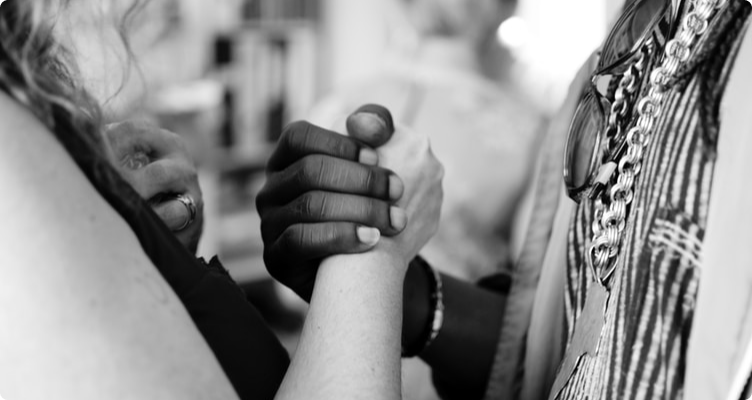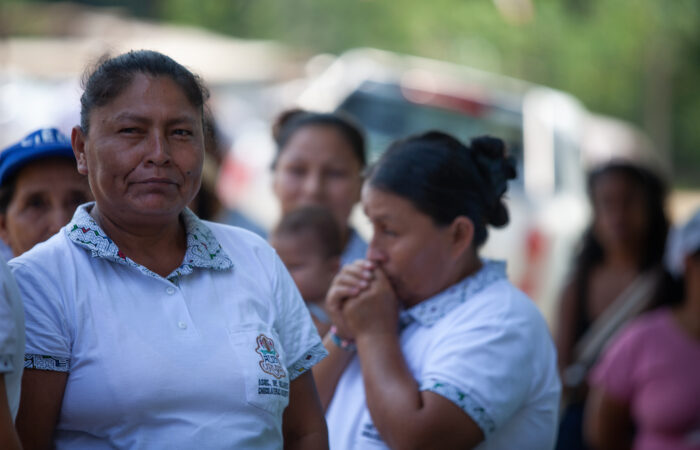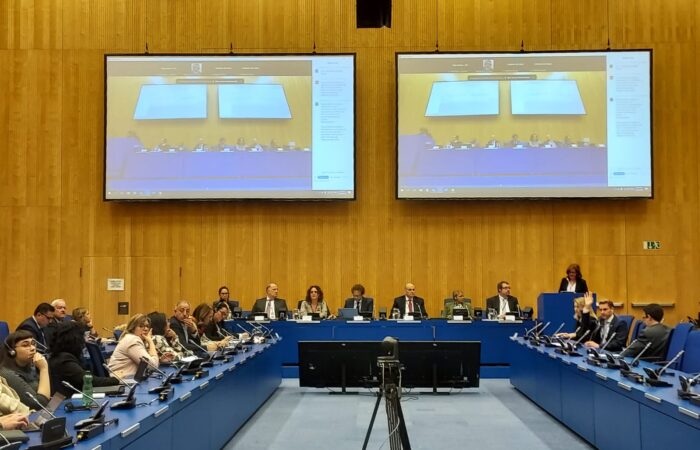Colloquium of Working Group 2.2: Adapting and improving access to services for women and vulnerable groups who use drugs.
“Stigma and the violation of the rights of women affected by drugs and drug policies”.
Stigma is a social phenomenon that manifests itself in different spheres of social, institutional and political life of stigmatized individuals, groups and collectives. In this session we will focus on the impact of stigma on women who use drugs and are affected by drug policies, especially on their mental health, quality of life, recovery and social inclusion.
Phenomena such as “punitive populism” reproduce cultural patterns, stereotypes and the logic of suspicion that feeds on factors of inequality and poverty, widening inequalities and aggravating the situation of people in vulnerable conditions.
Women who use drugs often face a double stigmatization resulting from the intersection between gender and drug use. Gender stereotypes and prejudices can lead to social exclusion, discrimination and isolation of women, limiting, among other things, their timely and full access to health services, treatment, harm reduction and social inclusion, and negatively affecting their health and wellbeing.
This session of WG 2.2 has incorporated WGs 2.4 and 3.5, as well as COPOLAD’s cross-cutting line of rights, and proposes to open a transparent and diverse dialogue among women widely recognized for their trajectory, who will offer us an informed, critical, deep and multidisciplinary look at stigma as a phenomenon that runs through all drug policy actions and the way it impacts women’s lives on a daily basis.
The purpose is to raise awareness and make stigma increasingly visible as a dimension that operates strongly in drug policies and interventions, particularly when it refers to the intertwining of women and drug use. Also, to explore possible routes of action in different areas, which allow reducing the damage associated with stigma in women.
The session is divided into four parts:
- The first will discuss how stigma can be reinforced and reproduced through the media due to the lack of understanding of the problem, its complexity and dimensions.
- The second part will offer a look at the evidence on the subject, based on studies in the field of consumption and in the criminal field that give women a voice and allow a deeper understanding of how they live and experience stigma.
- The third part will offer us a look at stigma as a barrier to access from the field of service delivery, bioethics and how it impacts the physical and mental health of women, as well as the processes of social inclusion.
- The last part will give voice to women who have experienced the impact of stigma, represent other women and advocate for their rights.
Finally, we will open the session for a dialogue between participants and guests, trying to identify possible actions to advance in overcoming the stigma towards women in the Latin American and the Caribbean region.








